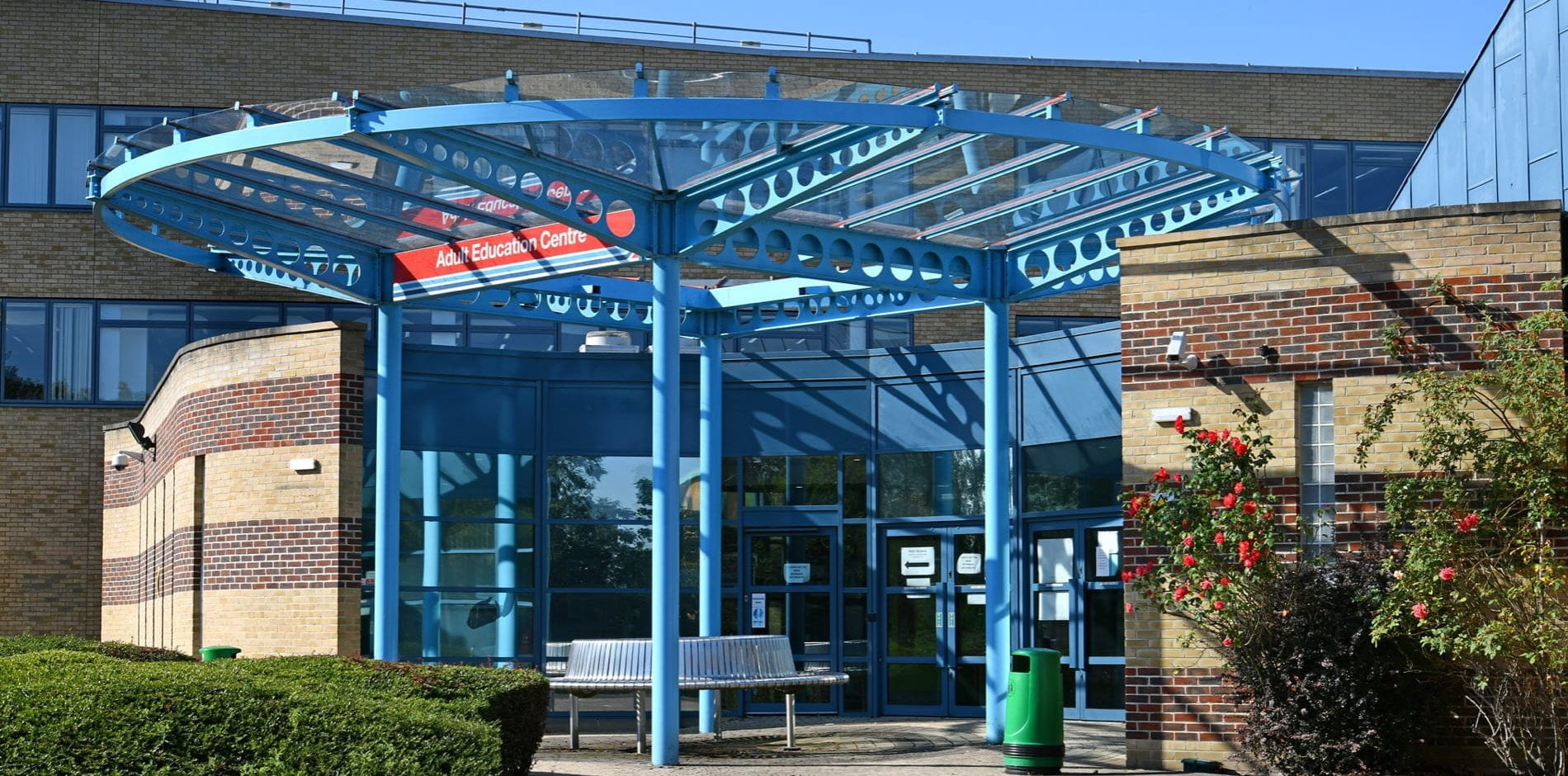11 November 2013
By Brian Creese & colleagues from NRDC (National Research and Development Centre for adult literacy, language and numeracy)
The results of last month’s OECD Survey received considerable coverage in the UK media. However, despite it being a survey of adult skills, with a focus on lifelong learning and the skills of the workforce, the reporting has focused entirely on schools:
Schools go backwards (Daily Mail)
OECD: English school leavers ‘among least literate and numerate in the developed world (Daily Telegraph)
England’s young people near bottom of global league table for basic skills (The Guardian)
The slightly hysterical reactions appear to have been sparked off by the finding that not only are England’s 16 to 24-year-olds falling behind their Asian and European counterparts in literacy and numeracy but that, as the Daily Mail put it: “England is the only developed country producing school leavers who are worse at maths and reading than their grandparents.” Overall England came 22nd out of 24 countries for the reading skills of its young people and 21st for maths. These are worrying figures. However, the focus placed on schools by the media and by politicians alike misses the point that improving schools will not help those who are beyond school age.
So what does the report actually say? It suggests that the skills levels nations require to compete in the global economy continue to rise, that adults lose their skills with time unless they actually use them, that immigrants do not magically learn the home language without help and that in all countries surveyed, at least 10% of adults lack the most basic of computer skills.
In the UK social background has a major impact on adults’ basic skills. Poor skills are associated with poor outcomes in most measures of wellbeing, as well as in income. It doesn’t have to be that way. Countries such as Austria, the Netherlands, Norway and Sweden manage to combine above average performance in the survey with high levels of social equality.
For those of us who work with adult learners, the report’s key recommendations reiterate what we already know about the need to foster lifelong, skills-oriented learning. In order to continue to compete in a changing environment, lifelong learning must be made accessible to all. This, the report suggests, requires concerted engagement with Government, employers and employees as well as parents and students for adults to be able to constantly improve and update their skills over the lifecourse in order to maximise their economic and social outcomes.
Promoting education to all adults is vital for the economic and social future or our nation, but since those most likely to undertake more education are those who had the highest levels of education in the first place, Governments need to pursue active and positive steps to encourage those with poorer skills to re-enter education as adults in order to escape from the vicious cycle of low skills leading to low income. However, the survey also makes it clear that lifelong learning opportunities are relevant to workers in both high and low-skilled occupations and regardless of their level of initial education.
However good our schools become there will always be a need for adult education. Not everyone can succeed at school and even those who do will need to learn new skills and maintain those that they have. It’s easy for the media to blame schools and those who set schools policy for England’s poor performance in international comparative surveys; it’s much harder to develop effective adult skills policies that provide us with a competitive workforce and address issues of social justice.
 Close
Close



